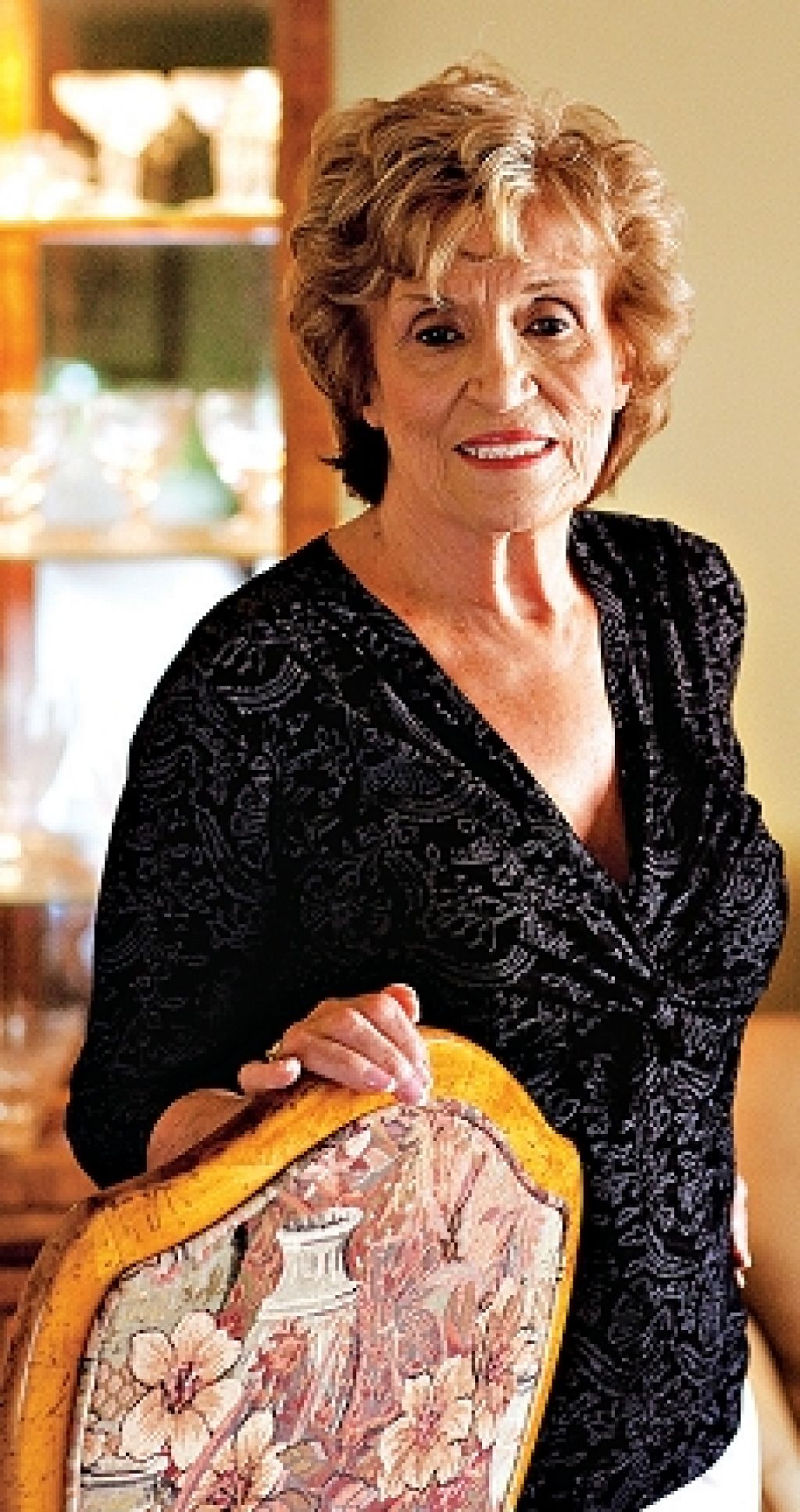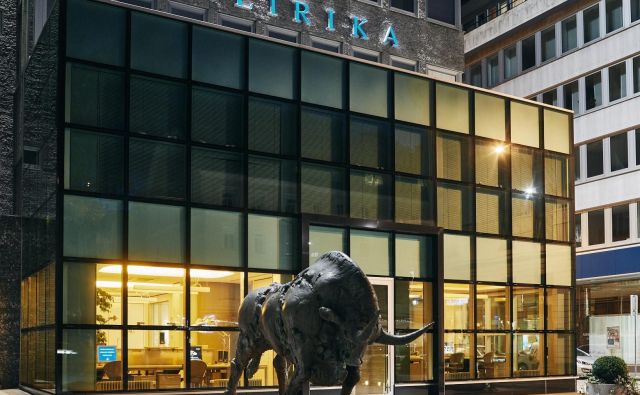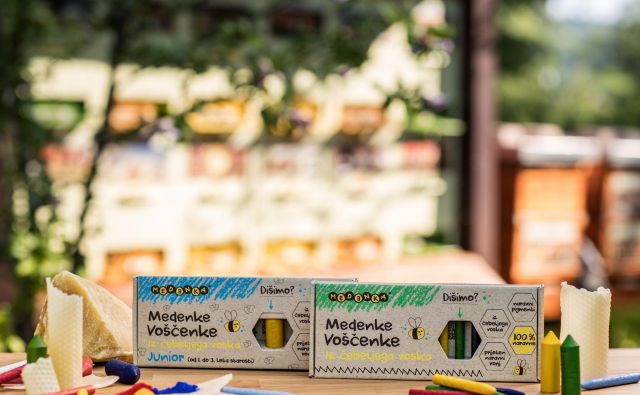So on July 22, Ms. Kolstad, a widow in Orange County, California, underwent a three-hour breast lift with implants. The cost: about $8,000. "Physically, I'm in good health, and I just feel like, why not take advantage of it?" said Ms. Kolstad.
She is one of many older people having plastic surgery. According to the American Society for Aesthetic Plastic Surgery, in 2010 there were 84,685 surgical procedures among patients age 65 and older. They included 26,635 face-lifts; 24,783 cosmetic eyelid operations; 6,469 liposuctions; 5,874 breast reductions; 3,875 forehead lifts; 3,339 breast lifts and 2,414 breast augmentations.
Except for a brief turndown during the recession, those numbers have been rising for years, and experts say the trend seems likely to accelerate as baby boomers begin to pass age 65.
Experts see many reasons: People are living longer and remaining healthier, and some want their physiques to align with their psyches. Some are seeking potential mates. Some are still working or looking for jobs and want to be seen as more youthful.
And some are simply sick of slackened jowls, jiggly underarms and saggy eyelids. Gilbert Meyer, a retired film producer in Boynton Beach, Florida, who said he was "over 75," had an eye and neck-lift last year. He spent $8,000. "Why not look as good as you can when you can?" he said.
Mary Graham, 77, a restaurant owner in Thomasville, Georgia, got a face-lift and breast implants this year. "The only time I go to the doctor is for plastic surgery," she said, adding, "I work seven days a week. I wanted to look as young as I feel."
Few studies have focused on older patients and cosmetic enhancements. One report, published in the journal Plastic and Reconstructive Surgery in June, found that the hazards in people over age 65 are no greater than in the younger population.
"We're saying it's not chronologic age that's so important, but it really is physiologic," said Dr. James E. Zins, the senior author of the study and chairman of the department of plastic surgery at the Cleveland Clinic in Ohio.
All patients in the study were screened for lung and heart disease, diabetes and high blood pressure, as well as use of medications, like anticoagulants, that could have complicated the operations.
"Does that mean that patients 70 and 75 years and over can safely undergo a face-lift with the same complication rate as young patients?" mused Dr. James E. Zins, the senior author of the study and chairman of the department of plastic surgery at the Cleveland Clinic in Ohio.
"We didn't have enough numbers to answer that question."
And not all older patients may be so thoroughly screened.
While face-lifts can be performed under "conscious sedation," other reconstructive procedures typically require general anesthesia, which may be risky for the elderly. Older patients may take longer to heal, and the results may not last as long as in younger patients, said Dr. Michael Niccole, a plastic surgeon in Newport Beach, California.
Some critics questions whether the benefits are worth the risks, which may be underestimated.
"You know there are biases because of the underreporting of negative findings," said James Hughes, executive director of the Institute for Ethics and Emerging Technologies, a nonprofit research group in Hartford, Connecticut.
"The doctors have more or less financial incentives to do these procedures."
Harriet A. Washington, author of two books about medical ethics issues, is also skeptical. "I think, as usual, we've embraced the technology before we've really embraced the ethical questions and dimensions," she said.
And while most research indicates people benefit psychologically from cosmetic procedures, a minority experience some kind of emotional "turbulence," said David Sarwer, an associate professor of psychology at the University of Pennsylvania School of Medicine.
"There are truly psychological repercussions to these procedures, which often aren't covered in the informed consent process" he said.
And yet: Assuming a patient is healthy and understands the risks, why is it people often are squeamish about seniors going under the knife?
"Part of our stereotype of old people is that they are social, warm and likeable, but powerless and sexless," said Nancy Etcoff, an assistant clinical professor at Harvard Medical School who studies social beliefs about beauty. She said that while Viagra is accepted, "suddenly the idea of older people, mostly women, wanting to be sexually attractive at that age makes us uncomfortable." She added: "If an older woman wants to regain eyelids or wants a breast that she doesn't have to tuck into a waistband, then why not?"
Ms. Kolstad agrees. "I find that you have to keep up your appearance physically, even if you just want a companion or someone to ask you to dinner," she said.
"That's not going to happen if you don't have a figure that these geezers are looking for."
 Tiskane izdaje
Tiskane izdaje























